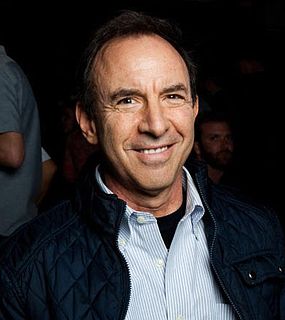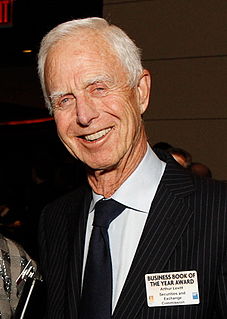A Quote by Shervin Pishevar
Related Quotes
When the trust is high, you get the trust dividend. Investors invest in brands people trust. Consumers buy more from companies they trust, they spend more with companies they trust, they recommend companies they trust, and they give companies they trust the benefit of the doubt when things go wrong.
Value investors will not invest in businesses that they cannot readily understand or ones they find excessively risky. Hence few value investors will own the shares of technology companies. Many also shun commercial banks, which they consider to have unanalyzable assets, as well as property and casualty insurance companies, which have both unanalyzable assets and liabilities.
Today's consumers are eager to become loyal fans of companies that respect purposeful capitalism. They are not opposed to companies making a profit; indeed, they may even be investors in these companies - but at the core, they want more empathic, enlightened corporations that seek a balance between profit and purpose.
Sure there are some companies at the margins of our society that probably do that and I think we all have the responsibility as consumers and as investors to avoid them like the plague. If we do, they won't last very long. Doing what's right is the only possible formula for long-term - I emphasize long term - business success.
One of the best investors around, Joel Greenblatt, has written a popular, charming and funny book about investing in great companies at low P/E multiples. To simplify an already simple book, great companies are generally measured as companies that can generate lots of profit without requiring a lot of capital. This means that they have high ROEs.
































